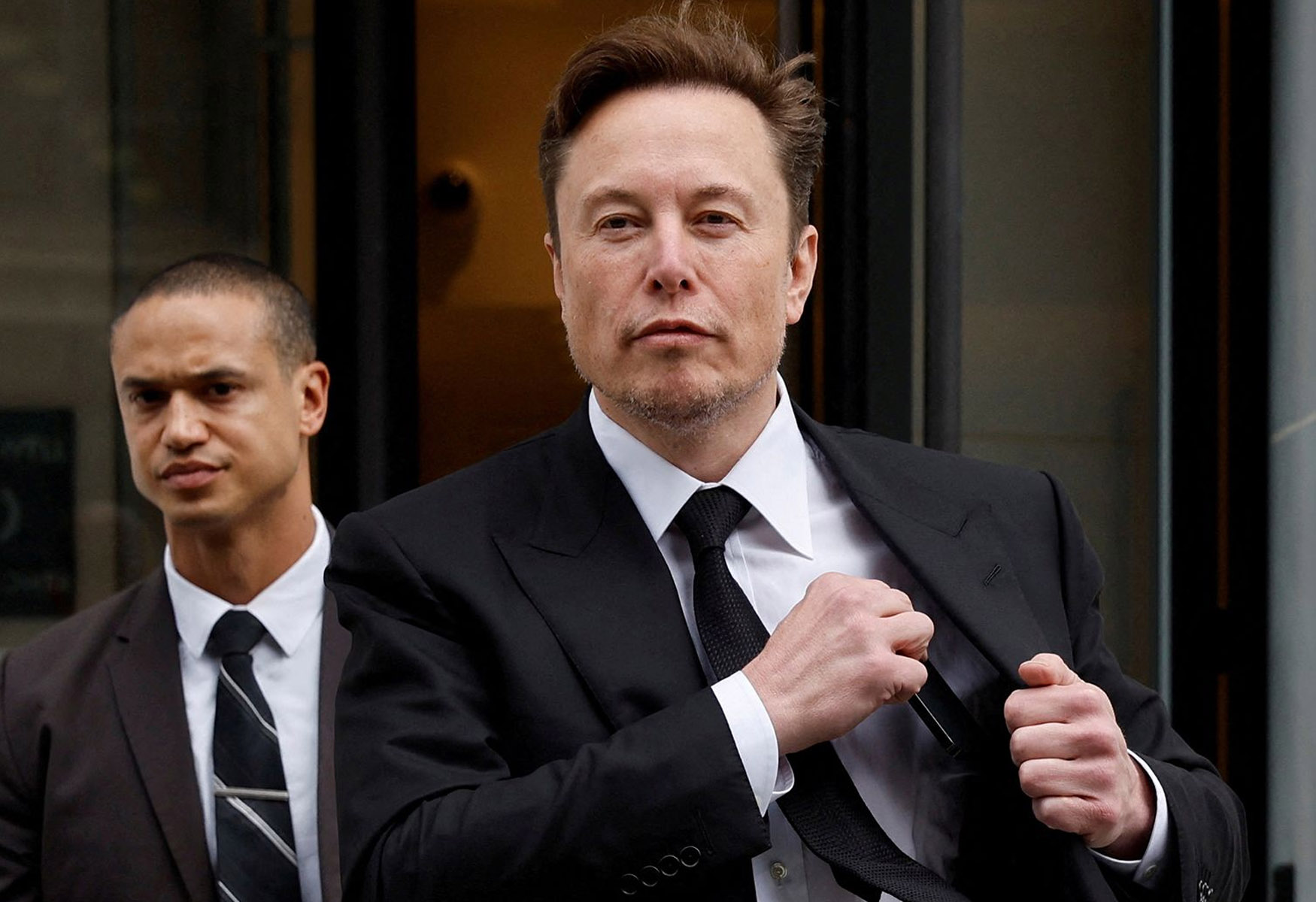Elon Musk-owned X, formerly known as Twitter, has taken a discreet step toward compliance with European Union (EU) regulations. X has started allowing researchers to access its data in order to study systemic risks associated with the use of its services. This move aligns with a legal requirement introduced by the EU Digital Services Act (DSA), which mandates larger platforms to provide researchers with data access for the purpose of studying risks including disinformation, child safety, gender-based violence, and mental health concerns.
Key Takeaway
Elon Musk-owned X has enabled EU researchers to apply for data access in compliance with the EU Digital Services Act. This move demonstrates a shift in X’s approach to algorithmic accountability and transparency.
Meeting Regulatory Requirements: X Designated as VLOP
The EU regulators confirmed that X meets the criteria outlined in the Digital Services Act, designating it as a Very Large Online Platform (VLOP) back in April. This classification necessitates additional rules to ensure algorithmic accountability through transparency measures. As part of these requirements, EU researchers can now submit applications to access X’s data by using a web form on its developer platform.
Data rights agency AWO’s director, Mathias Vermeulen, spotted this development and shared a thread detailing the process of applying for access. However, it remains uncertain whether any researchers have been granted data access at this time. EU regulators are expected to closely monitor this progress.
Contrasting Approach: Musk’s Restrictions vs. Regulatory Compliance
Despite the current move to facilitate data access for EU researchers, Elon Musk has previously implemented measures that impeded independent researchers, such as increasing the cost of obtaining data, suspending platform access, and even threatening legal action. These steps have also made it more challenging for X users to differentiate between truthful and misleading information, including removing labels on state-affiliated outlets operating in autocratic regimes.
The enforcement of the EU Digital Services Act may signify a shift in power dynamics for billionaire platform owners like Musk. If X fails to provide data to eligible applicants under the Act’s criteria, the European Commission has the authority to enforce fines up to 6% of the platform’s global annual turnover.
The Application Process: Criteria and Administrative Requirements
X’s web form requires researchers to confirm their adherence to the regulation’s criteria, which includes providing details about their organization, non-profit status, funding sources, and independence from commercial interests. Applicants must also demonstrate their ability to secure the provided data, specify the data scope they seek, and outline their research project’s contribution to the detection, identification, and understanding of systemic risks as outlined in Article 34(1) of the DSA.
These administrative requirements signify that researchers need to navigate certain processes to access the desired data.
It is worth noting that X’s recent adjustments to its developer terms indicate that EU researchers will gain API access to study the data.
While Elon Musk himself has not publicly announced these changes to his massive following on X, it remains to be seen how this development will shape the future landscape of data access and researcher studies within X.

























